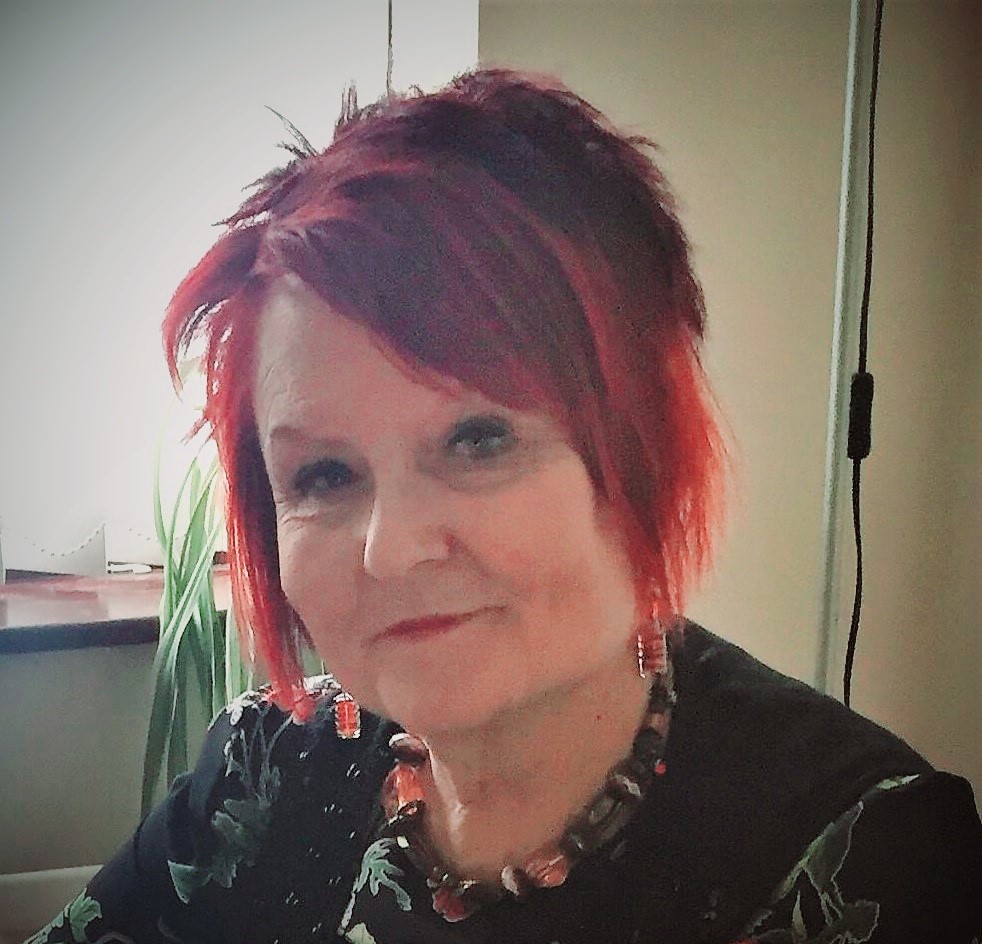Many clients come for therapy because they are experiencing problems with their relationships - both professional and personal. People are often at a loss as to how to deal with the behaviour of the person to whom they want to relate.
What we often discover, often after we have blamed the other person for their selfishness and lack of appreciation of our efforts, that our own behaviour has a large part to play in our struggle to communicate.
Effective therapy or counselling helps give us insight into our own behaviour. It offers new techniques which can provide us with more insight into the way we behave towards others. We begin to see things differently. We gain focus. We get stronger.
When I say to clients that therapy can give them the advantage in their relationships they often look perplexed. I suppose it sounds rather manipulative. Perhaps it is. Yet it can make us more aware of the type of person we are, how we react, what we say, how we say it.
Above all it shows us how our past patterns of relationships keep being repeated.
Learning to change our interactions with others can be challenge. It takes practice. It takes time. It is often a struggle for us as we unlearn and relearn. It can unsettle the other person which can in turn unsettle us. We are changing.
As we learn to look for non-verbal cues in others, and work out whether we are in parent, adult or child mode, it is useful to remember that it is difficult to change others. It is far easier to change ourselves. How we are perceived by others changes as we change. The other person will be unaware of what is happening. We are giving up our struggle. Relationships are getting easier and less stressful.
We are growing personally and becoming more aware. This gives us the advantage.
In the nicest, possible way.

